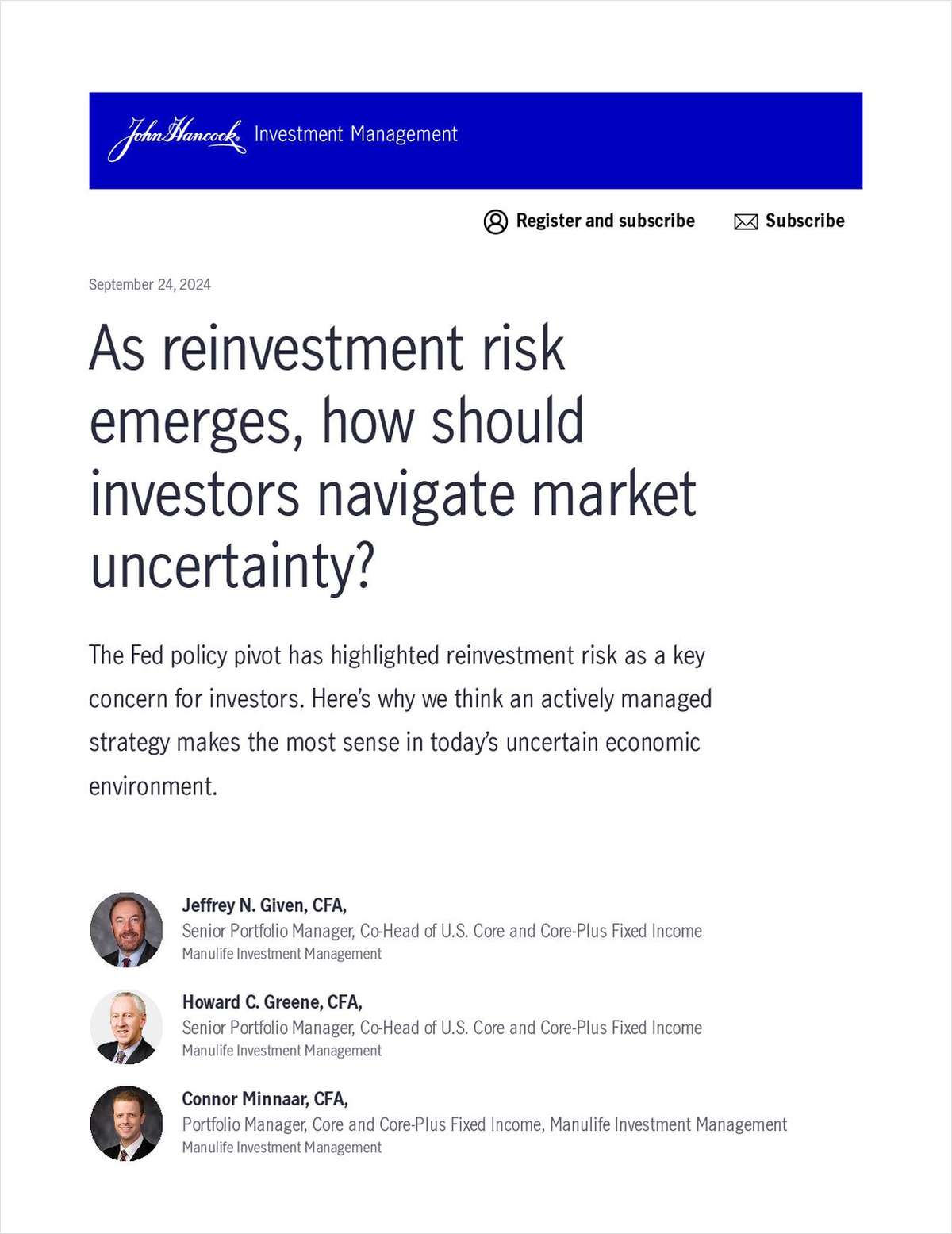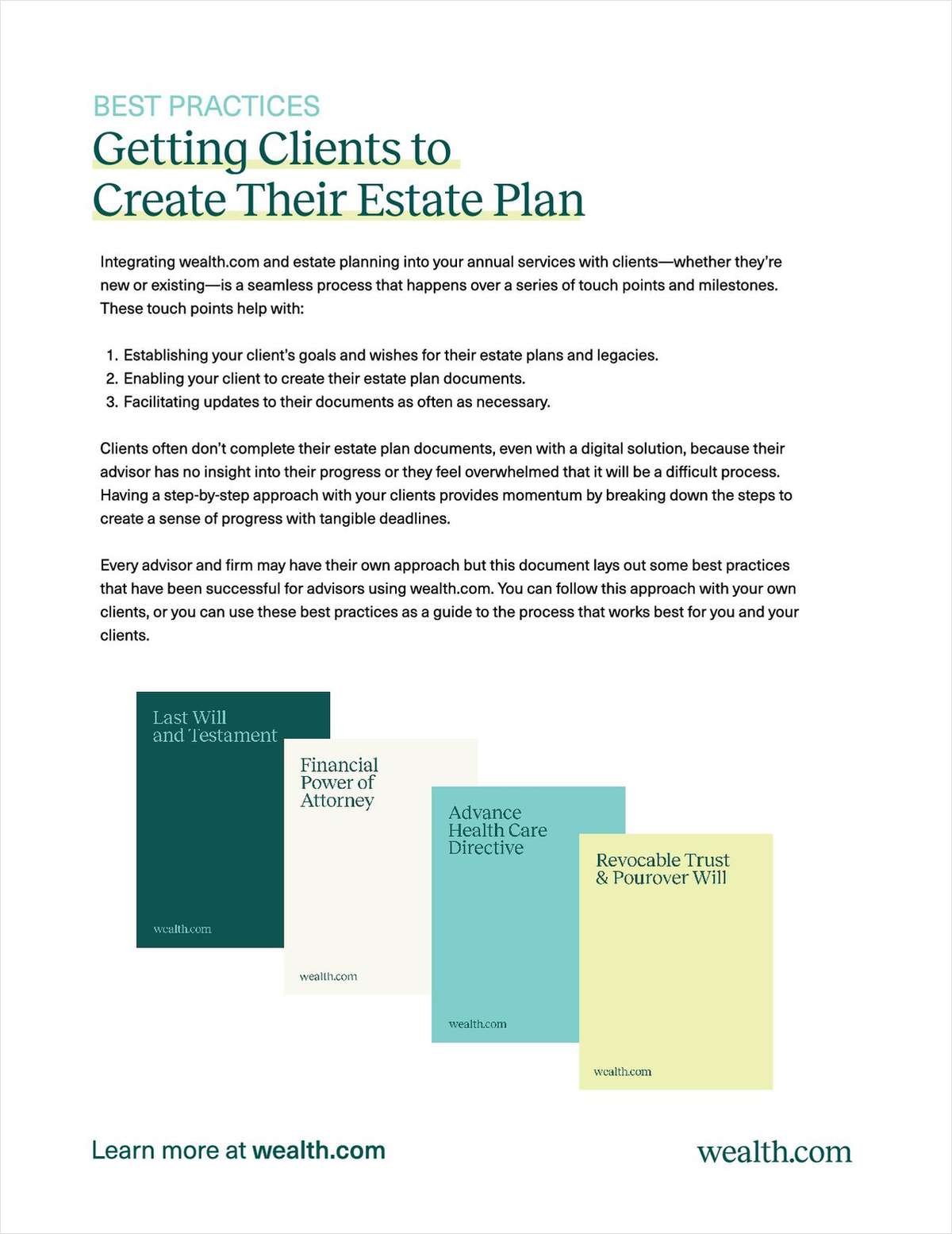Feeling listless, dull, uninspired, unbalanced, or out of control? Maybe you need a dose of new learning to bring the sparkle back into your eyes–and your life.
We humans tend to be unhappy when we sit in the same place for long. We like to keep moving forward, becoming better at what we do, and improving our relationships with people we care about.
So if you feel that stagnation has set in, ask yourself if it's because you've stopped learning new things. The situations below may help clarify when learning is the right thing to do, and how to help make it easier. Live and learn!
Am I the only one feeling overwhelmed by constant revisions to the tax code? I used to have all the basics at my fingertips, and I've kept up with changes fairly well. But every time I try to bring myself up to date on the most recent modifications, my eyes glaze over. Am I losing it? I'm sure you're not alone in your frustration. And it's good that you're concerned about staying on top of this important area of expertise.
One way you might be able to get around your current problem is to try a different method of learning. For example, you could organize a group of colleagues to study and discuss tax code changes. Or consider looking for a tax professional who is willing to coach you on the new regulations. (Some of your co-workers may be interested in joining you.) Or use the Internet: among many fine tax-related Web sites is one cosponsored by the IRS–www.taxtalktoday.com–that addresses tax code changes through free, interactive Webcasts.
If that doesn't work, you always have the option of farming out tax-sensitive work to someone who is better versed in that area. This will allow you to concentrate on aspects of planning and advice that interest you more.
However, I believe that simply freshening the way you learn may solve the problem. When your eyes glaze over as you scan the particulars of yet another tax law revision, your mind may be sending you the message, "Been there, done that." There are many ways to learn other than reading, and being creative about how to access information is well worth the effort.
A colleague of mine is constantly entering new training programs. She never seems to take a break, and I know the studying must eat into her leisure time. I'm tempted to sign up for courses to improve my own skills and knowledge, but I'm not sure I can handle the extra stress and time commitment. Am I just wimping out? Not at all. Your colleague may be one of those people who thrives on constant intellectual stimulation, to the point of being addicted to living life out of balance. Unless she is taking the time to integrate all her new learning, she will not make it truly her own. This is a compulsive kind of behavior that you would do well not to emulate.
In any case, there's no value in comparing your situation to hers. Instead, use this opportunity to ask yourself if there's a subject that really fires you up, either professionally or personally, to the point that you'd like to know more about it. If there is, I think you can feel good about taking steps to educate yourself in a way that suits your own personality and your own preferred method of learning.
When people pursue their passion, whatever it may be, a feeling of connection and vibrancy resonates through everything else they do in life. I hope you find this passion and wholeheartedly enjoy pursuing it.
Because people relationships are my strong suit, I'm thinking of becoming a life planner. But even though I'm fairly successful in my work, I have a learning disability that makes it difficult to absorb information I read. I'd rather "learn by doing" than try to educate myself by reading about life planning. Does this make sense to you? Identifying how you learn best will help you understand and remember more information. Some people learn best by reading, some by hearing, some by trying on behaviors, and others by merely observing. However, I wouldn't dismiss the opportunity to benefit from other people's wisdom until you explore other ways to access it. For instance, you might join a group such as The Nazrudin Project, a community of financial planners who are interested in holistic client planning. Their Yahoo! chat room and annual conference are venues where some thought-provoking issues are discussed.
Since you mentioned that you like to learn by doing, you might also seek out a mentor who can show you the ropes and supervise you as you venture forth. See if this coach will allow role-playing or other experiential tasks to become part of the educational process.
Having said all this, I would suggest that once you begin to master material in the way that suits you best, you also consider exercising your intellectual muscles by lifting up some reading materials now and then. The more ways you can learn, the more you will absorb.



